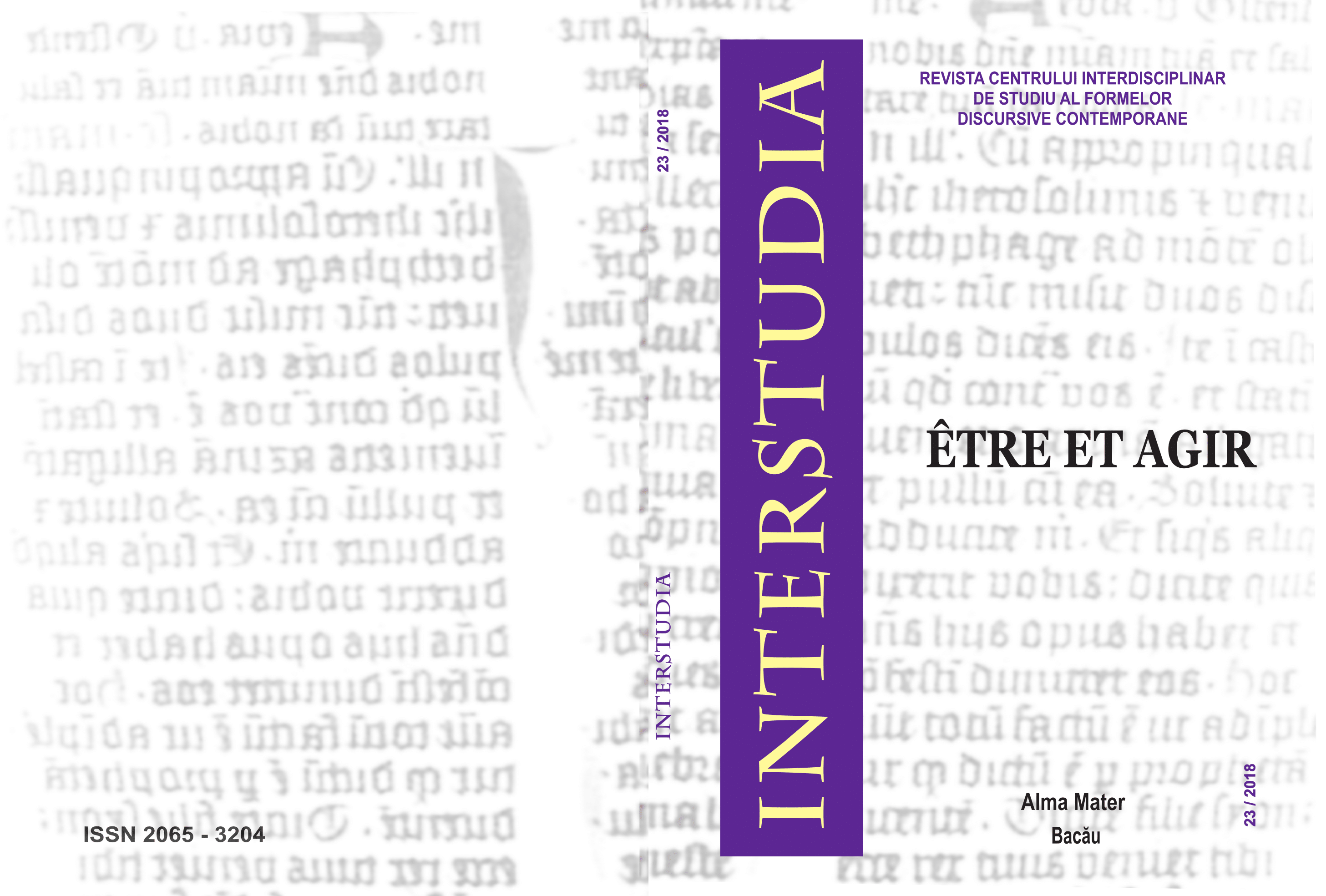THE DILATORY TIME OF PASSIONATE DISCOURSE IN OTHELLO
THE DILATORY TIME OF PASSIONATE DISCOURSE IN OTHELLO
Author(s): Elena CiobanuSubject(s): Language and Literature Studies, Other Language Literature
Published by: Editura Alma Mater
Keywords: time; passion; meaning; subject; modalization;
Summary/Abstract: Critics have often approached the ‘double-time’ crux in William Shakespeare’s Othello as a very sensitive issue – it has even been considered as a sign of the playwright’s carelessness about the building of the plot. Various explanations have been given to those discursive segments which seem to bring about a sort of contradiction between the ‘short time’ that ensures the logic of the text and the ‘long time’ that seems to contradict that textual order. It could be lucrative to ignore the ‘long time’ sequences and just keep up with the ‘short time’ of the play, but what we intend to explore in this paper is the idea that the puzzling ‘long time’ of the Shakespearean discourse in Othello can be seen as a semiotic rendering of passion. Greimas and Fontanille (1993: xxi) have observed that the production of meaning is never purely rational and that the mediation of the body in the process of meaning production brings about certain discordant pulsations in discourse that are manifestations of a passional subject. Our main hypothesis is that the ‘long time’ in Shakespeare’s Othello is the “dilatory time” (1994: 69) of passion, manifested in the text through various types of modalization, and thus it may no longer be seen as contradictory of the message of the play, but very subtly intertwined with it.
- Issue Year: 2018
- Issue No: 23
- Page Range: 166-174
- Page Count: 9
- Language: English
- Content File-PDF

